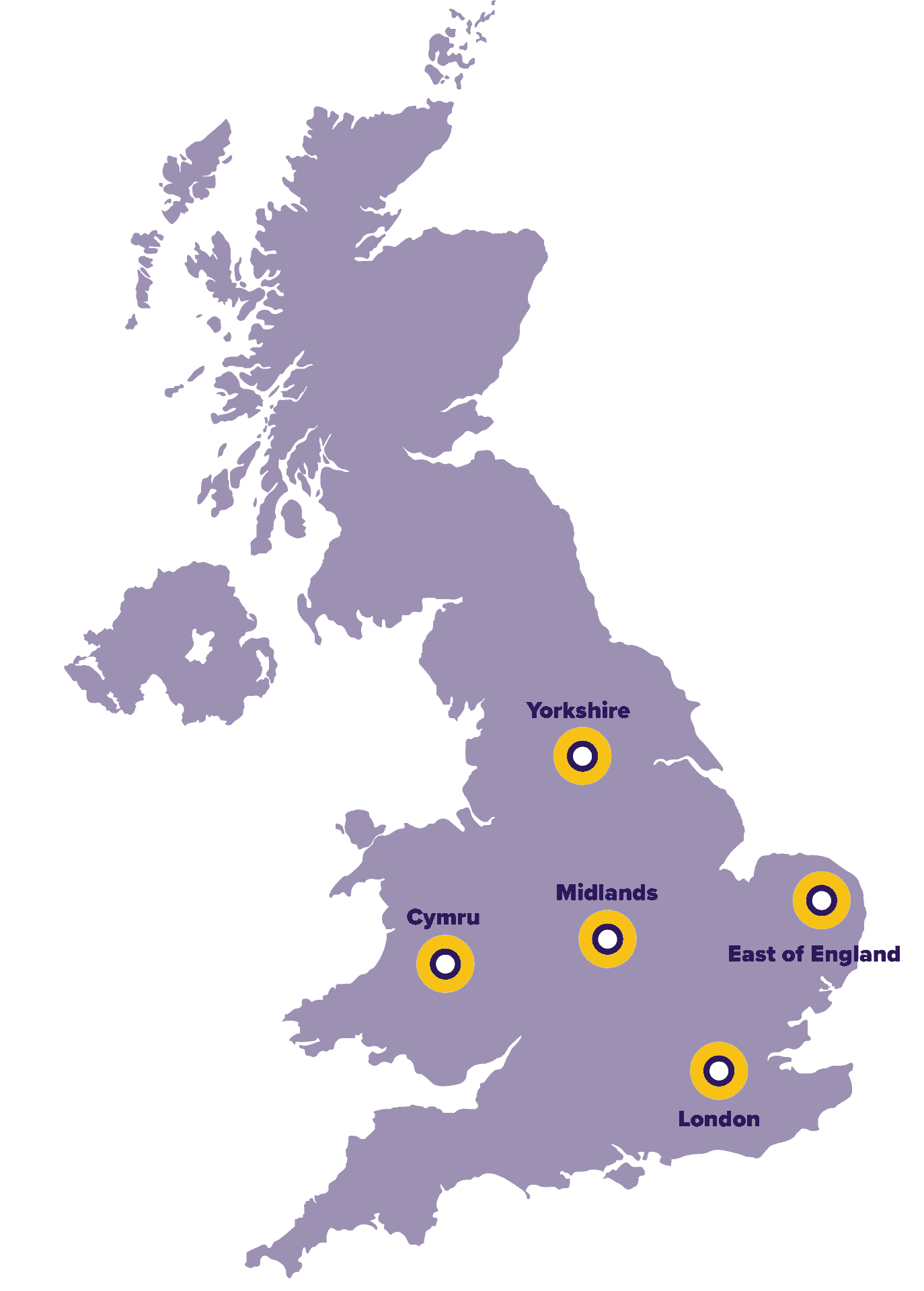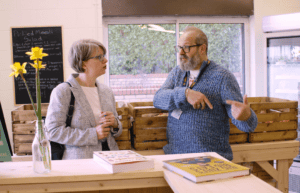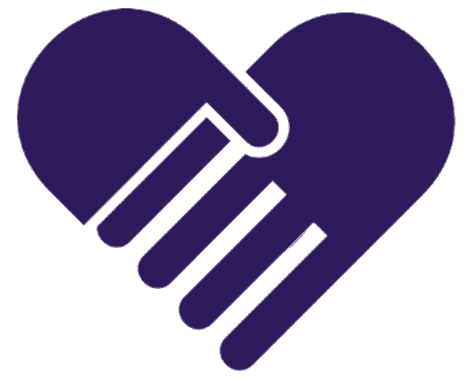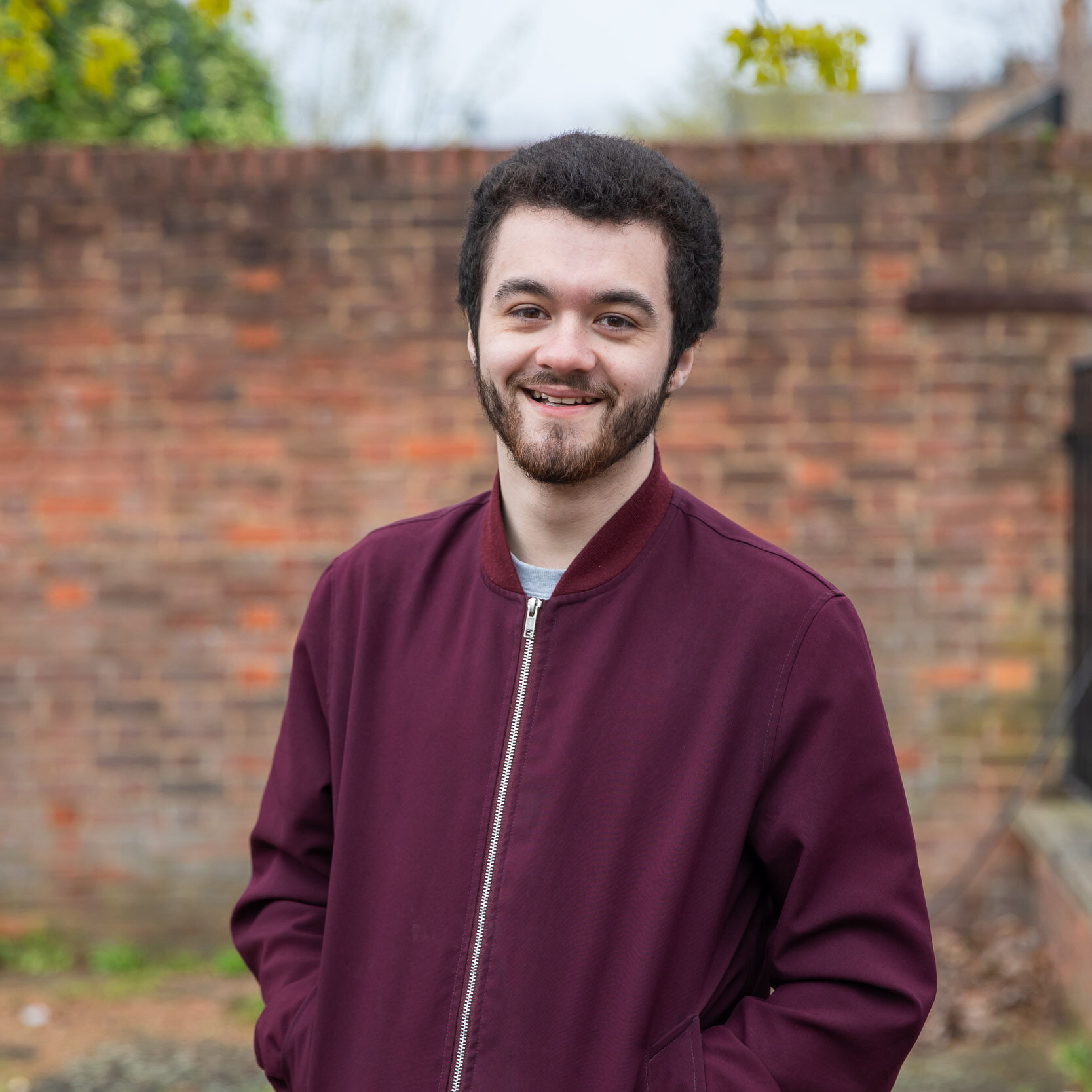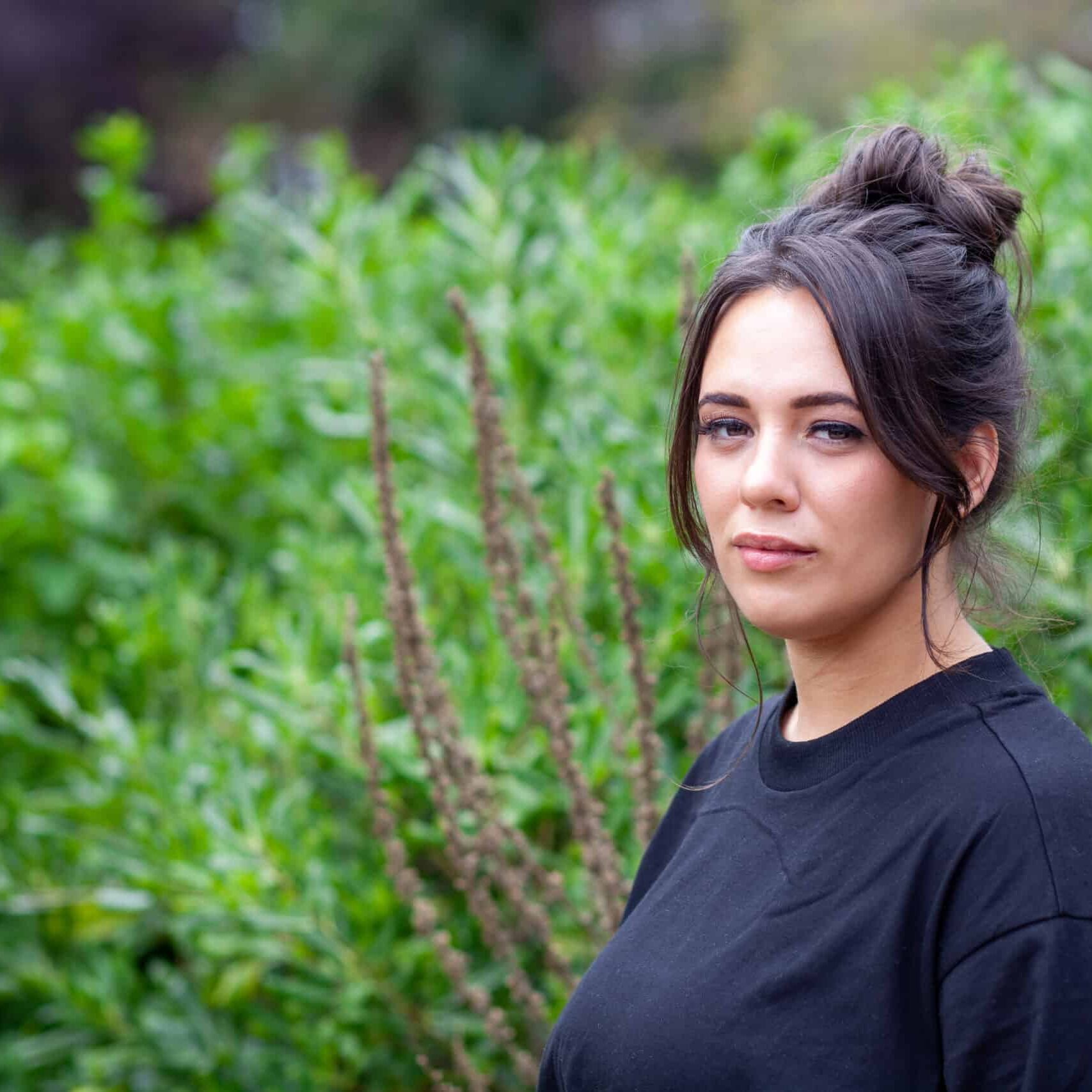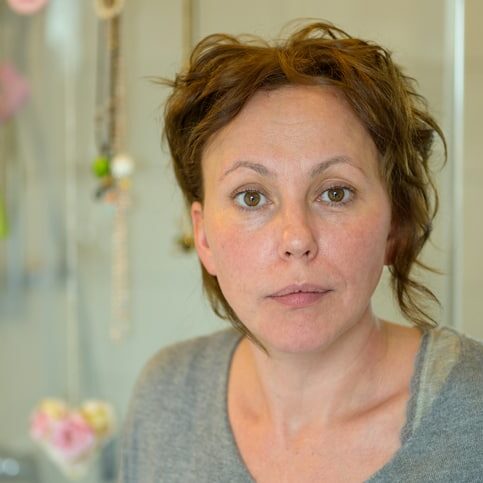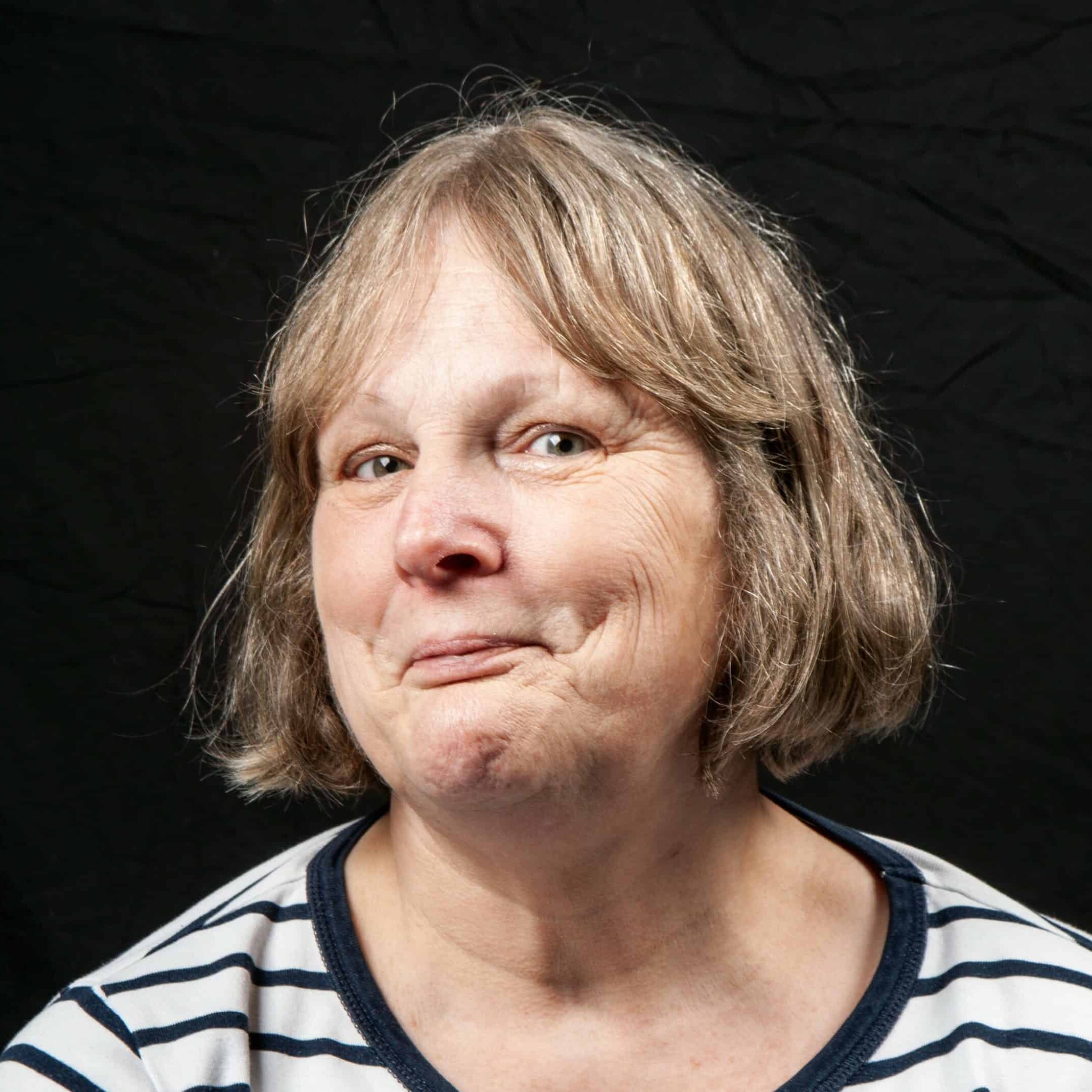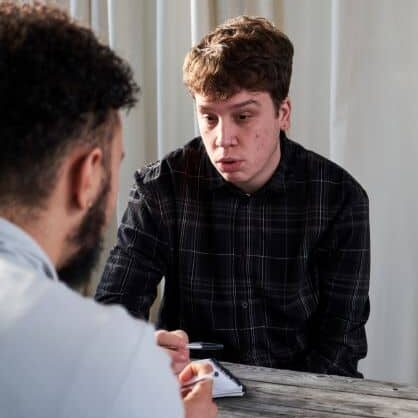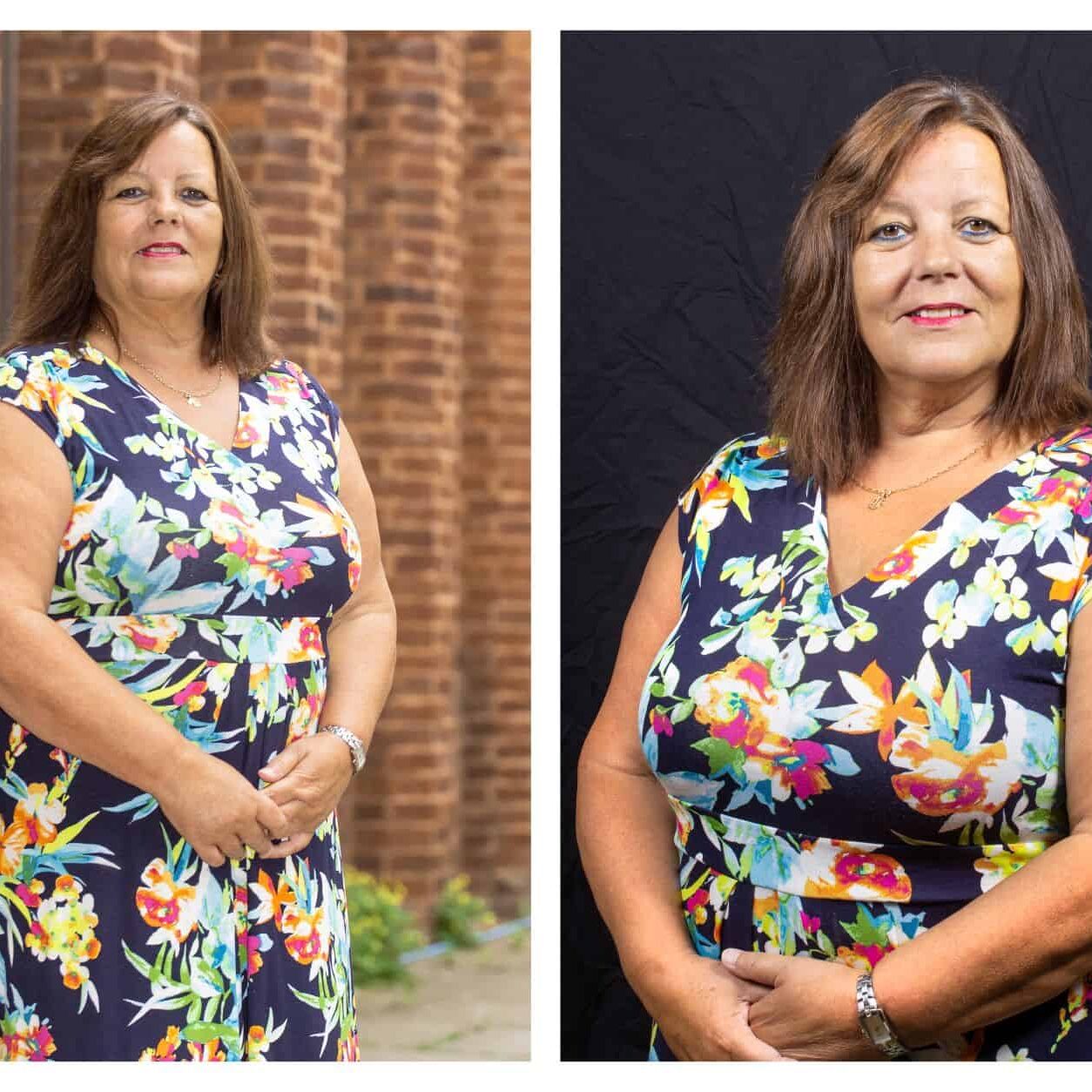Who We Are
We're St Giles, we help people held back by poverty, unemployment, the criminal justice system, homelessness, exploitation and abuse to build a positive future.
We're a national charity using real-life past experiences to provide advice, training and support to people facing challenges today.
Latest News
St Giles Yorkshire Team Take Part In ‘Junior Detective’ Programme
An innovative new project that sees school students become ‘junior detectives’ has […]
Celebrating The Legacy Of St Giles’ Peer Advisor Network & The Power Of The Lived Experience Model
On Wednesday 27th March 2024, St Giles brought together peers, partners and […]
St Giles Yorkshire Receive Suicide Prevention Grant from Department of Health and Social Care
St Giles are delighted to have received a grant of £194,912 from […]
Ninth St Giles Pantry launches as national figures show one million children locked into destitution
[Press Release] St Giles opened its latest Pantry in Kensal Rise, West […]
Our Impact 2022/23
What we do
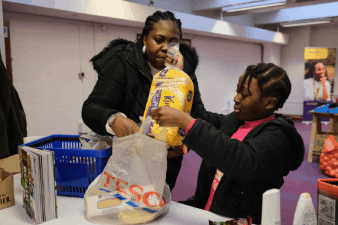
Children and families

Peer advice
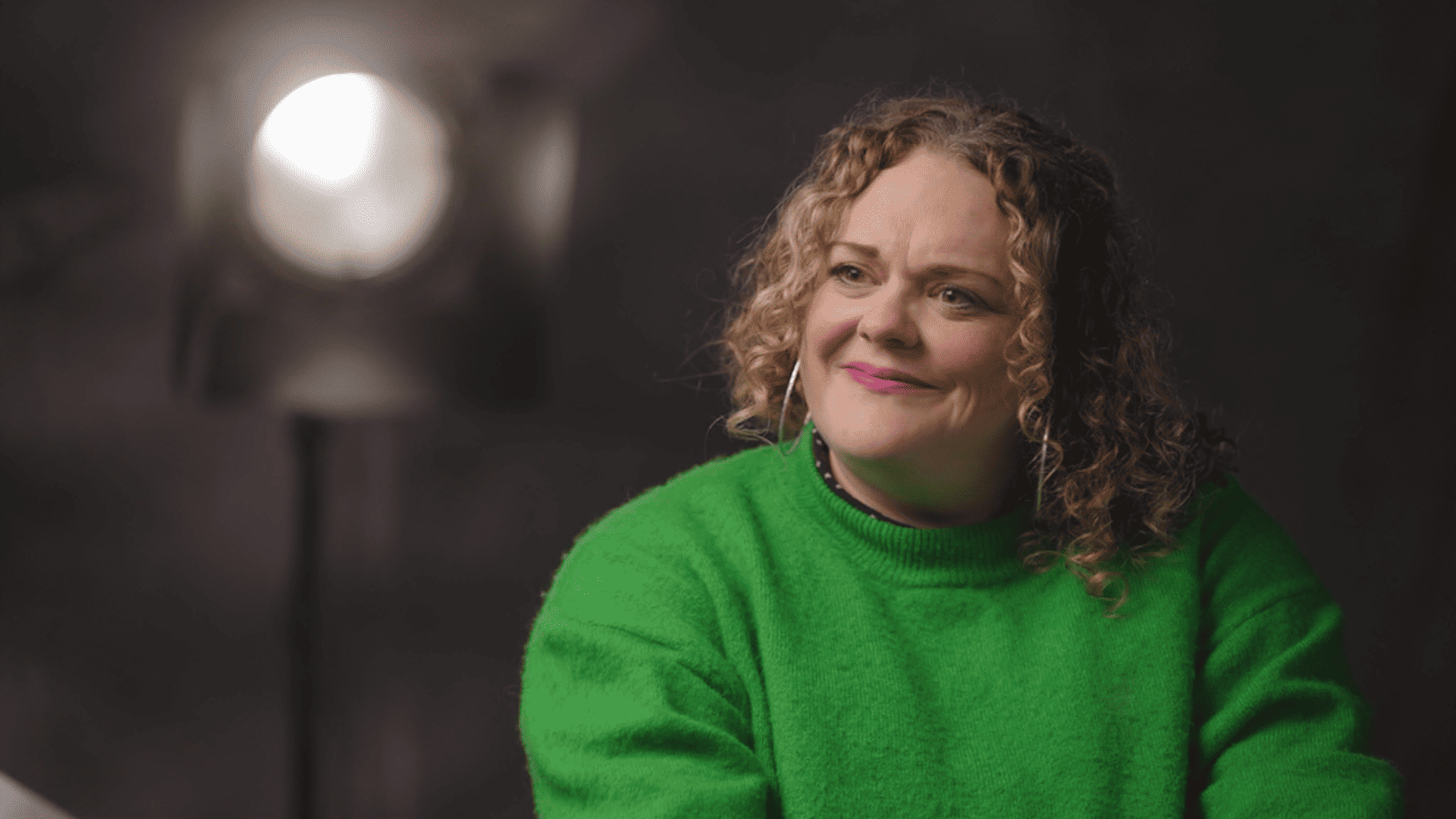
Women's services
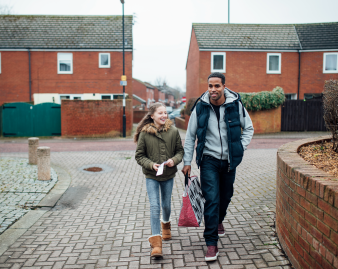
Tackling poverty

Child criminal exploitation

Work with prison leavers
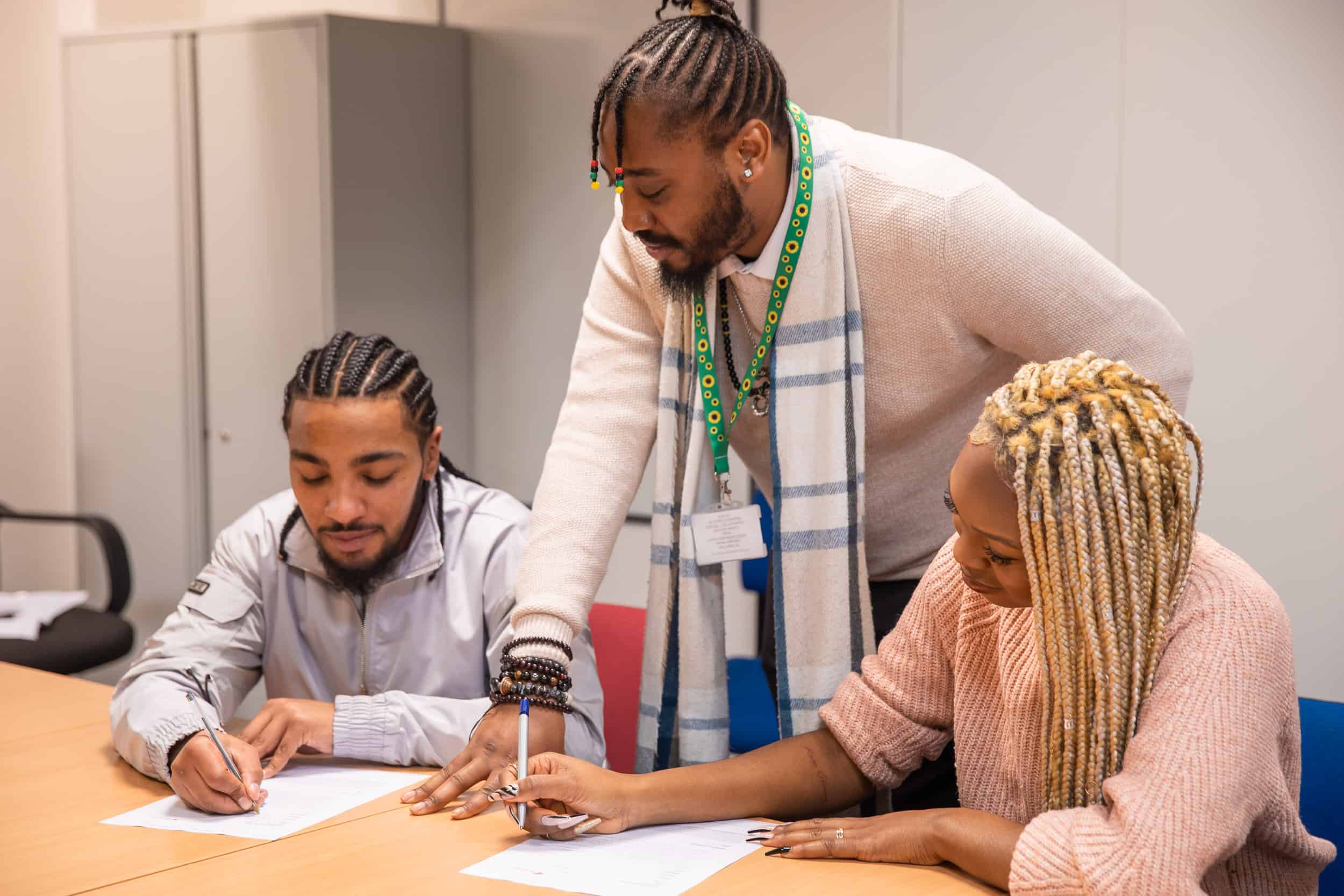
Employment services
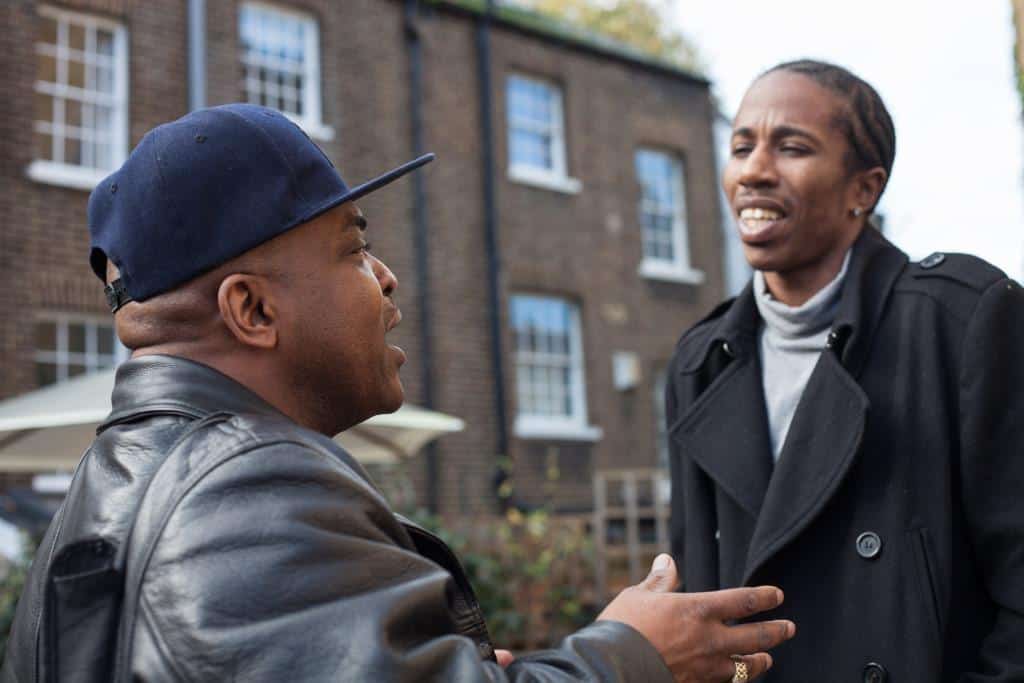
Commission Us
Where we work
We provide services across the UK, coordinated from our regional and national hubs.
St Giles Cymru
St Giles East Of England
St Giles London
St Giles Yorkshire
St Giles Midlands
